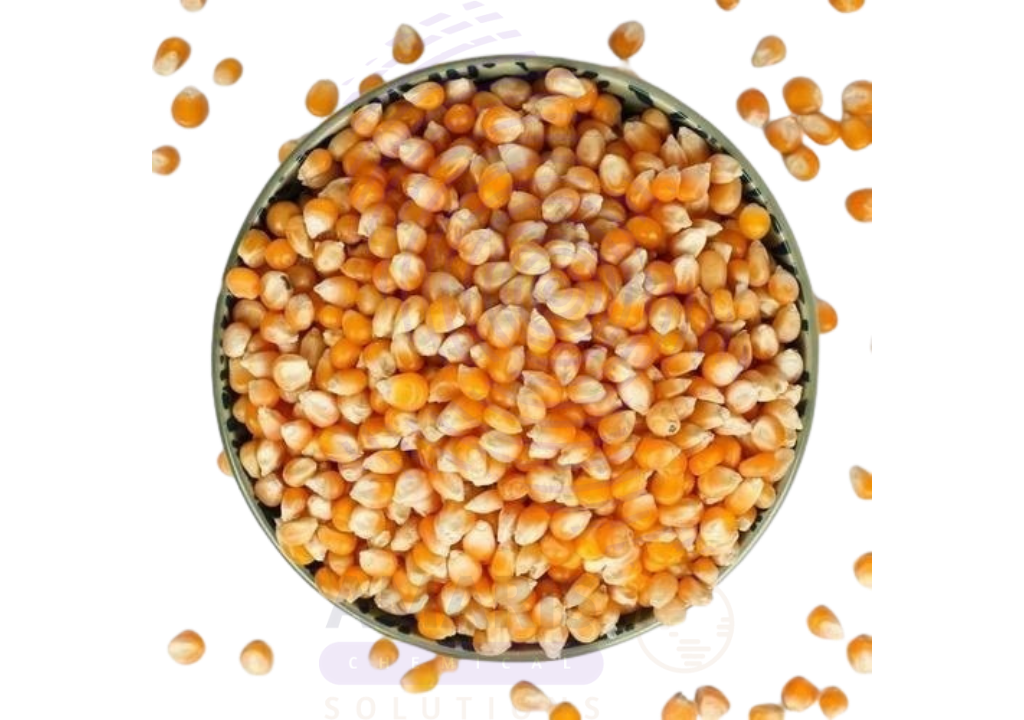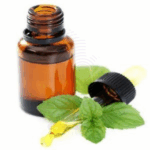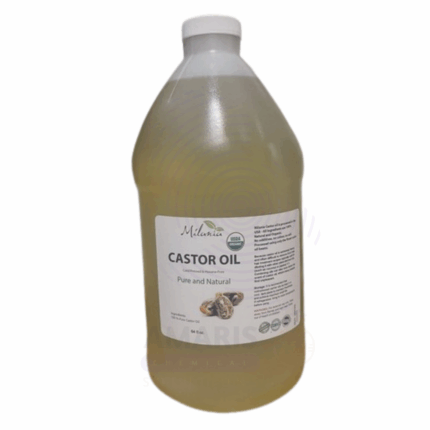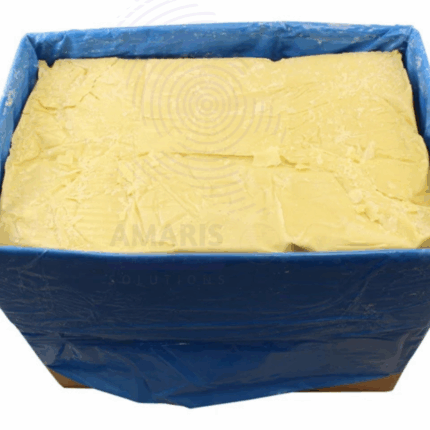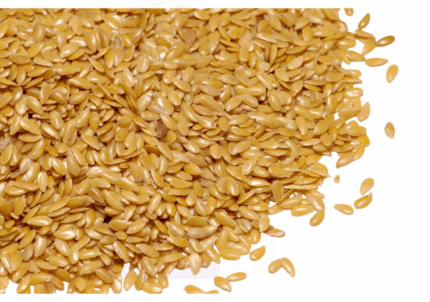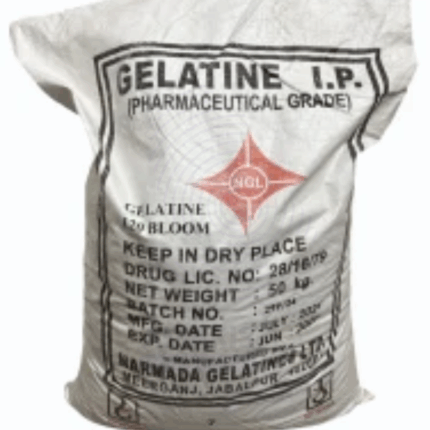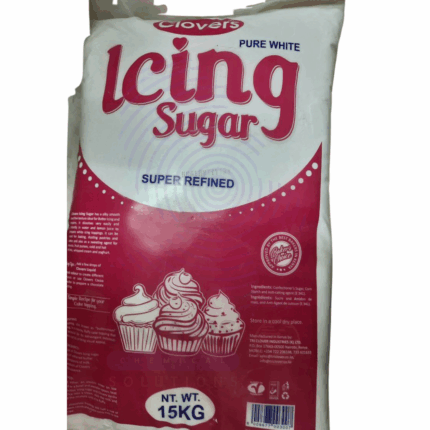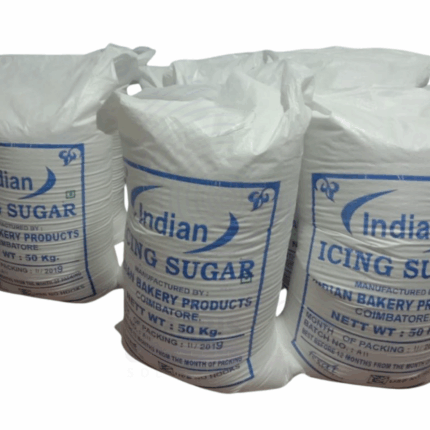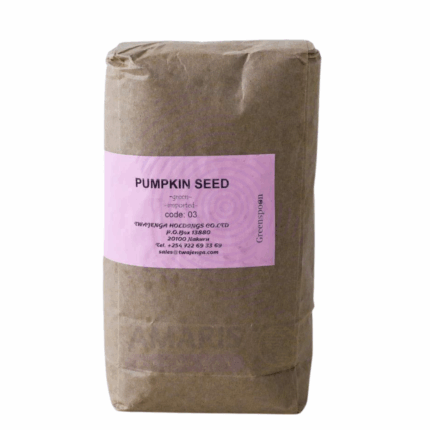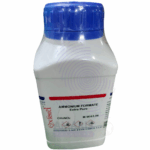
Ammonium Formate Extra Pure
$ 19.00 Original price was: $ 19.00.$ 18.21Current price is: $ 18.21.
Natural Kernals
Whatsapp Order
Natural Kernals are the edible seeds extracted from various nuts, fruits, or cereals in their pure, unprocessed form. These kernels retain their natural flavor, texture, and nutritional content, making them highly valued as whole food ingredients. They are rich in proteins, healthy fats, vitamins, minerals, and dietary fiber. Natural Kernals find extensive applications across food manufacturing, bakery, confectionery, snack production, and health food sectors.
Description
Table of Contents
Toggle
Natural Kernals
Primary Uses
- Food Industry
- Used as key ingredients in bakery products like breads, cakes, cookies, and pastries.
- Incorporated in snack mixes, trail mixes, and granola bars for texture and nutrition.
- Added to cereals and breakfast foods for enhanced flavor and health benefits.
- Confectionery and Chocolates
- Used as inclusions in chocolates, pralines, and candies to provide crunch and flavor.
- Processed into nut butters or pastes for fillings and spreads.
- Health Food Products
- Included in health bars, protein snacks, and dietary supplements due to nutrient density.
- Used in vegan and vegetarian food formulations as a source of plant-based protein and fats.
- Culinary Applications
- Used whole or chopped in salads, garnishes, and cooking to add flavor and texture.
- Roasted or salted kernels serve as popular snack items.
Secondary Uses
- Oil Extraction
- Processed to extract edible oils rich in unsaturated fatty acids for cooking or cosmetic use.
- Animal Feed
- Lower grade kernels or by-products used as nutritional supplements in animal feed formulations.
- Cosmetic Industry
- Kernel oils and extracts used in skin and hair care products for moisturizing and antioxidant properties.
- Nutraceuticals
- Used in functional food formulations targeting heart health, cholesterol management, and anti-inflammatory benefits.
KEY PRODUCT FEATURES
1. Basic Identification Attributes
- Product Type: Natural edible kernels (varies by source: almond, walnut, cashew, etc.)
- Common/Trade Names: Natural Kernals, Nut Kernels, Edible Seeds
- HS Code: 0802.90.00 (example for tree nuts)
2. Physical & Chemical Properties
- Physical State: Solid kernels, whole or chopped
- Color & Odor: Varies by kernel type; natural nutty aroma
- Nutritional Profile: Rich in proteins, unsaturated fats, vitamins (E, B complex), minerals (magnesium, potassium), and dietary fiber
3. Safety & Hazard Attributes
- GHS Classification: Not hazardous
- Toxicity: Generally safe for consumption; watch for allergenic potential (e.g., tree nuts)
- Exposure Limits: Not applicable
4. Storage & Handling Attributes
- Storage Conditions: Store in cool, dry, and well-ventilated conditions; protect from pests and moisture
- Container Type: Bulk bags, cartons, or sealed containers
- Shelf Life: Typically 6–12 months depending on kernel type and storage
- Handling Precautions: Avoid contamination; maintain hygiene standards
5. Regulatory & Compliance Attributes
- Complies with food safety standards such as FDA, EFSA, and Codex Alimentarius
- Meets allergen labeling and traceability requirements
6. Environmental & Health Impact
- Biodegradability: Naturally biodegradable
- Ecotoxicity: Minimal environmental impact
- Bioaccumulation: Not applicable
- Allergenicity: Potential allergen depending on kernel source
SAFETY HANDLING PRECAUTIONS
Safety Handling Precautions
- PPE Required: Food-grade gloves recommended during handling
- Handling Guidelines: Prevent cross-contamination and exposure to moisture or pests
- Storage Measures: Keep in sealed, pest-free containers
First Aid Measures
- Ingestion: Generally safe; allergic reactions possible in sensitive individuals
- Skin Contact: Wash with water if irritation occurs due to oils or dust
- Eye Contact: Rinse with water if irritation occurs
Firefighting Measures
- Fire Hazards: Combustible organic material; dust may pose explosion risk
- Extinguishing Media: Use water spray, foam, or dry chemical extinguishers
- Special Precautions: Avoid dust clouds and accumulation
- Hazardous Combustion Products: Carbon monoxide and other organic combustion products
Related products
Avocado Oil
Avocado Oil is a nutrient-rich, plant-based oil cold-pressed from the pulp of ripe avocados (Persea americana). Recognized for its deep green color and mildly nutty aroma, this oil is highly valued for its high content of monounsaturated fatty acids, especially oleic acid, along with vitamins A, D, and E, sterols, lecithin, and antioxidants.
Due to its excellent penetration, moisturizing, and regenerative properties, Avocado Oil is widely used in cosmetics, personal care, pharmaceutical, and nutraceutical formulations. It helps in restoring skin elasticity, promoting collagen synthesis, and soothing inflammation, making it ideal for dry, sensitive, or aging skin. In hair care, it strengthens and softens hair, improves scalp health, and reduces dandruff.
Additionally, refined, food-grade Avocado Oil is used in cooking due to its high smoke point and nutritional profile. It is also increasingly found in dietary supplements and therapeutic blends
Castor Oil Food Grade
Castor Oil Food Grade is a pale yellow, viscous vegetable oil derived by cold pressing the seeds of the Ricinus communis plant. Known for its high content of ricinoleic acid, it has a mild flavor and is widely used in the food, pharmaceutical, and nutraceutical industries. As a food-grade oil, it is purified to meet strict quality and safety standards. It serves both as a laxative agent and a food additive, often used in flavor carriers, coatings, and processing aids. The oil’s high stability and low moisture content also make it suitable for specialty industrial applications in food-safe environments.
Cocoa Butter
Cocoa Butter, also known as Theobroma oil, is a pale-yellow, edible fat extracted from cocoa beans, primarily from Theobroma cacao. It has a smooth, creamy texture and a mild, characteristic chocolate aroma. Cocoa Butter is solid at room temperature but melts near body temperature, which gives it a luxurious feel when applied to skin or consumed. It is highly valued for its emollient, moisturizing, and protective properties. Cocoa Butter is widely used in cosmetics, pharmaceuticals, food, and confectionery industries. Its stable composition rich in fatty acids such as stearic, palmitic, and oleic acids imparts excellent oxidative stability and a long shelf life.
Flax
Flax (Linum usitatissimum) is an ancient crop cultivated primarily for its seeds and fibers. The flax seeds are small, flat, and oval, ranging from golden yellow to brown in color, and are rich in nutrients including omega-3 fatty acids (alpha-linolenic acid), lignans, dietary fiber, proteins, and vitamins. Flax fibers are derived from the stem and used in textile and industrial applications. Flaxseed oil, extracted from the seeds, is highly valued for its nutritional and therapeutic properties. Flax is utilized across food, nutraceutical, cosmetic, pharmaceutical, and industrial sectors due to its multifunctional health benefits, fiber content, and sustainable nature.
Gelatin Powder 180 Bloom
Gelatin Powder 180 Bloom is a high-quality, partially hydrolyzed collagen protein derived primarily from the skin, bones, and connective tissues of animals such as pigs and cows. The “180 Bloom” rating indicates its gel strength, meaning it forms a firm gel, making it suitable for various industrial, food, pharmaceutical, and cosmetic applications. Gelatin is a natural biopolymer, pale yellow to off-white in color, odorless, and tasteless. It is widely used due to its excellent gelling, film-forming, emulsifying, and stabilizing properties. The powder form offers ease of handling, storage, and precise dosing.
Glycerin
$ 1.20
Glycerin, also known as glycerol, is a colorless, odorless, viscous liquid with a sweet taste and hygroscopic properties. It is a trihydroxy alcohol (triol) used extensively across food, pharmaceutical, cosmetic, and industrial applications. Food-grade glycerin is produced through hydrolysis, saponification, or transesterification of fats and oils, ensuring compliance with stringent purity standards. It is supplied in bulk (e.g., 250kg drums) for large-scale applications where non-toxic, biodegradable humectants or solvents are required. Glycerin is widely appreciated for its moisture-retaining ability, solubility, lubricity, and stabilizing properties.
Icing Sugar
Icing Sugar, also known as powdered sugar or confectioners’ sugar, is a finely ground sugar with a powdery consistency. It is typically made by milling granulated sugar into a fine powder and blending it with a small amount of anti-caking agent (usually cornstarch or tricalcium phosphate) to prevent clumping. Icing Sugar is white, odorless, and has a sweet taste. It is widely used in baking, confectionery, and culinary applications to provide sweetness, texture, and decorative finishes.
Pumpkin Kernels
Pumpkin kernels, also known as pepitas, are the edible seeds extracted from pumpkins. They are nutrient-rich, containing healthy fats, proteins, vitamins, and minerals, making them a popular ingredient in food products and snacks. Supplied in bulk 25 kg packaging, pumpkin kernels are widely used for their flavor, texture, and nutritional benefits in culinary and industrial applications.


 Preservatives(food)
Preservatives(food) Flavor Enhancers
Flavor Enhancers Acidulants
Acidulants Sweeteners
Sweeteners Antioxidants
Antioxidants Colorants(food)
Colorants(food) Nutraceutical Ingredients (food)
Nutraceutical Ingredients (food) Nutrient Supplements
Nutrient Supplements Emulsifiers
Emulsifiers
 Collectors
Collectors Dust Suppressants
Dust Suppressants Explosives and Blasting Agents
Explosives and Blasting Agents Flocculants and Coagulants
Flocculants and Coagulants Frothers
Frothers Leaching Agents
Leaching Agents pH Modifiers
pH Modifiers Precious Metal Extraction Agents
Precious Metal Extraction Agents
 Antioxidants(plastic)
Antioxidants(plastic) Colorants (Pigments, Dyes)
Colorants (Pigments, Dyes) Fillers and Reinforcements
Fillers and Reinforcements Flame Retardants
Flame Retardants Monomers
Monomers Plasticizers
Plasticizers Polymerization Initiators
Polymerization Initiators Stabilizers (UV, Heat)
Stabilizers (UV, Heat)
 Antifoaming Agents
Antifoaming Agents Chelating Agents
Chelating Agents Coagulants and Flocculants
Coagulants and Flocculants Corrosion Inhibitors
Corrosion Inhibitors Disinfectants and Biocides
Disinfectants and Biocides Oxidizing Agents
Oxidizing Agents pH Adjusters
pH Adjusters Scale Inhibitors( water)
Scale Inhibitors( water)
 Antioxidants(cosmetic)
Antioxidants(cosmetic) Emollients
Emollients Fragrances and Essential Oils
Fragrances and Essential Oils Humectants
Humectants Preservatives
Preservatives Surfactants(cosmetic)
Surfactants(cosmetic) Thickeners
Thickeners UV Filters
UV Filters
 Fertilizers
Fertilizers Soil Conditioners
Soil Conditioners Plant Growth Regulators
Plant Growth Regulators Animal Feed Additives
Animal Feed Additives Biostimulants
Biostimulants Pesticides (Herbicides, Insecticides, Fungicides)
Pesticides (Herbicides, Insecticides, Fungicides)
 Active Pharmaceutical Ingredients (APIs)
Active Pharmaceutical Ingredients (APIs) Excipients
Excipients Solvents(pharmaceutical)
Solvents(pharmaceutical) Antibiotics
Antibiotics Antiseptics and Disinfectants
Antiseptics and Disinfectants Vaccine Adjuvants
Vaccine Adjuvants Nutraceutical Ingredients (pharmaceutical)
Nutraceutical Ingredients (pharmaceutical) Analgesics & Antipyretics
Analgesics & Antipyretics
 Analytical Reagents
Analytical Reagents Solvents(lab)
Solvents(lab) Chromatography Chemicals
Chromatography Chemicals Spectroscopy Reagents
Spectroscopy Reagents microbiology-and-cell-culture-reagents
microbiology-and-cell-culture-reagents Molecular Biology Reagents
Molecular Biology Reagents Biochemical Reagents
Biochemical Reagents Inorganic and Organic Standards
Inorganic and Organic Standards Laboratory Safety Chemicals
Laboratory Safety Chemicals Specialty Laboratory Chemicals(Special Laboratory Equipment)
Specialty Laboratory Chemicals(Special Laboratory Equipment)
 Demulsifiers
Demulsifiers Hydraulic Fracturing Fluids
Hydraulic Fracturing Fluids Scale Inhibitors(oil)
Scale Inhibitors(oil) Surfactants(oil)
Surfactants(oil) Drilling Fluids
Drilling Fluids
 Dyes and Pigments
Dyes and Pigments Bleaching Agents
Bleaching Agents Softening Agents
Softening Agents Finishing Agents
Finishing Agents Antistatic Agents
Antistatic Agents
 Admixtures
Admixtures Waterproofing Agents
Waterproofing Agents Sealants and Adhesives
Sealants and Adhesives Curing Compounds
Curing Compounds Concrete Repair Chemicals
Concrete Repair Chemicals Anti-Corrosion Coatings
Anti-Corrosion Coatings
 Surfactants(cleaning)
Surfactants(cleaning) Builders
Builders Enzymes
Enzymes Solvents (Cleaning)
Solvents (Cleaning) Fragrances
Fragrances
 Electronic Chemicals
Electronic Chemicals Catalysts
Catalysts Lubricants
Lubricants Photographic Chemicals
Photographic Chemicals Refrigerants
Refrigerants Automotive chemicals
Automotive chemicals Pyrotechnic Chemicals
Pyrotechnic Chemicals
 Biodegradable Surfactants
Biodegradable Surfactants Bio-based Solvents
Bio-based Solvents Renewable Polymers
Renewable Polymers Carbon Capture Chemicals
Carbon Capture Chemicals Wastewater Treatment Chemicals
Wastewater Treatment Chemicals
 Pigments
Pigments Solvents(paint)
Solvents(paint) Specialty Coatings
Specialty Coatings Binders/Resins
Binders/Resins Additives
Additives Driers
Driers Anti-Corrosion Agents
Anti-Corrosion Agents Functional Coatings
Functional Coatings Application-Specific Coatings
Application-Specific Coatings
 Fresh Herbs
Fresh Herbs Ground Spices
Ground Spices Whole Spices
Whole Spices Spice Blends
Spice Blends Dried Herbs
Dried Herbs
 Leavening Agents
Leavening Agents Dough Conditioners
Dough Conditioners Flour Treatments
Flour Treatments Fat Replacers
Fat Replacers Decoratives
Decoratives Preservatives(baking)
Preservatives(baking)
 Plasticizers & Softeners
Plasticizers & Softeners Reinforcing Agents
Reinforcing Agents Adhesion Promoters
Adhesion Promoters Vulcanizing Agents
Vulcanizing Agents Antidegradants
Antidegradants Blowing Agents
Blowing Agents Fillers & Extenders
Fillers & Extenders Accelerators & Retarders
Accelerators & Retarders